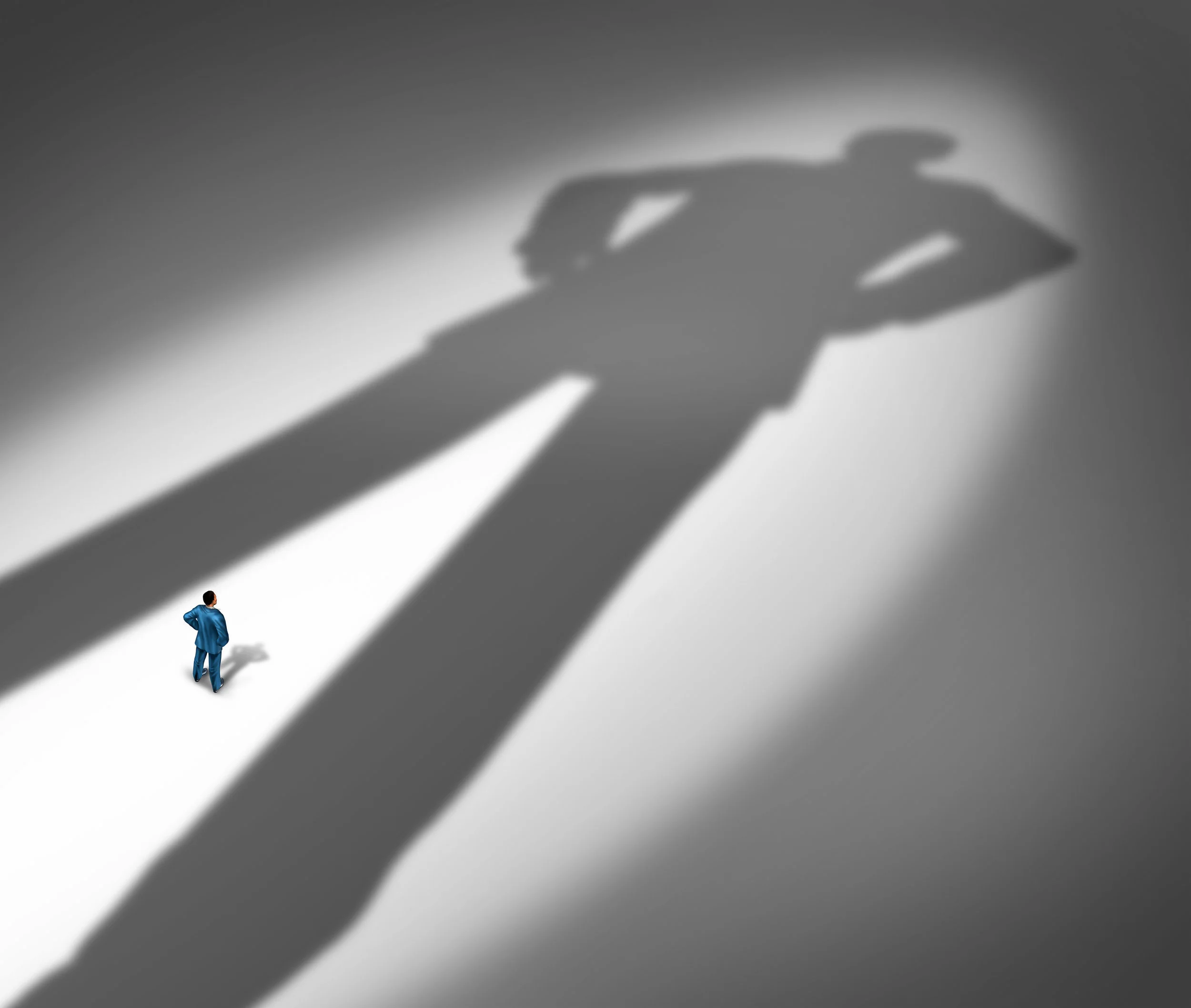A few weeks ago, I marveled at a panel of healthcare professionals and policy experts who seemed to never have talked to a patient before. I wanted to stand up and say, “We’re right here! TALK TO US.”
Recently, I spoke with someone who pointed out that it’s not that simple. He told me a story about a woman who had migraines – some of the worst pain a person can experience. She minimized how difficult her condition was to the point that her teenaged son, someone who lived in the same house with her, didn’t understand how her condition impacted her life. He thought they were just headaches and didn’t understand why she couldn’t just get over it.
There’s been a lot of discussion in the last few years about lessening the stigma around mental illness, but there is also one that comes with the non-mental conditions. It’s what made our grandparents’ generation whisper ‘cancer’ if they even said it aloud. We might not go out of our way to hide our conditions, but we rarely talk about the impact symptoms have on our lives. We minimize to make ourselves more socially acceptable.
We all do it. We may not even know we’re doing it. I’m guilty of it. Several months ago, I fell into a pattern with a friend who was only available on Sunday afternoons. It was rainy on several of the days that were open to hang out, and driving home at night in the rain can be difficult because I have large, central cataracts.
I didn’t tell him that. Instead, I became irritable and picked a fight. I didn’t want to tell him that I couldn’t do something so basic. I didn’t want him to know my weakness. But being the good friend that he is, he immediately knew that the fight wasn’t about whatever I made it about. When I finally told him, his girlfriend at the time was skeptical of how serious the condition was. After all, how many people my age had cataracts large enough to cause problems? Not many.
He told her that just the fact that I was talking about it meant it was pretty serious.
He was right. Except for my medical team, I am sure no one in my life knows exactly how difficult the day-to-day is. The nerve damage in my stomach comes with chronic nausea. Every day, I have to be very careful when I brush my teeth. Occasionally it’s just easier to be sick and move on – feel awful for a few minutes so I can salvage the day.
I’ve never shared that with anyone. As with the cataracts, I don’t want people to know my weakness, so I minimize. I make it seem like everything is fine when what I mean is that everything is bearable.
Is that strength, though? To deal with whatever life throws at you without complaint? It is.
But it’s not an either/or situation. There is more than one kind of strength. Letting the world know the daily slog, and how we still somehow make it through doesn’t make us weak. We aren’t complaining when we describe what our lives are really like. We are stating what is. How can we expect others to understand what the patient experience is like if we don’t tell them the whole truth?
Everyone has a different level of discomfort with sharing such personal details. But what if we started casually sharing some of it – on a gradual, limited basis – with the people we trust? If we stop minimizing and just treat it like what it is – a life? We can build it like a fire: start small, be patient, when you become more comfortable sharing build on the foundation (share more things with a larger audience) until it reaches its full blaze (you are no longer minimizing your symptoms).
No one can read our minds. How can we expect them to know us if we don’t share the reality of living with a chronic condition? If they don’t have that, whatever patient-centric solutions they come up with just won’t be enough. If we don’t like how it feels, we can always return to privacy.

